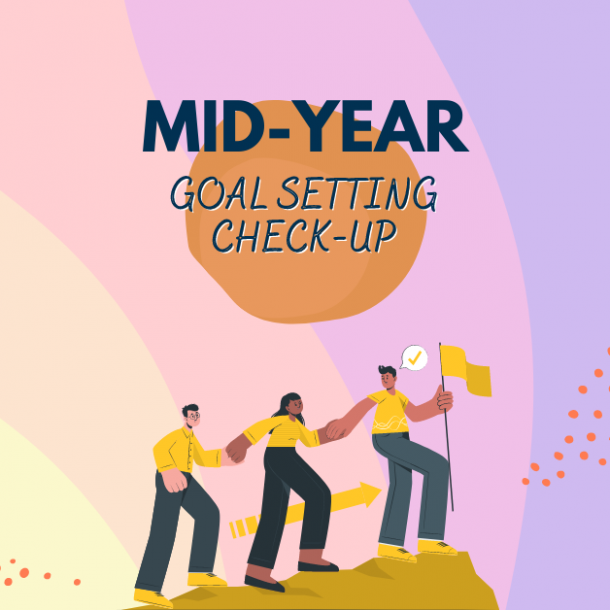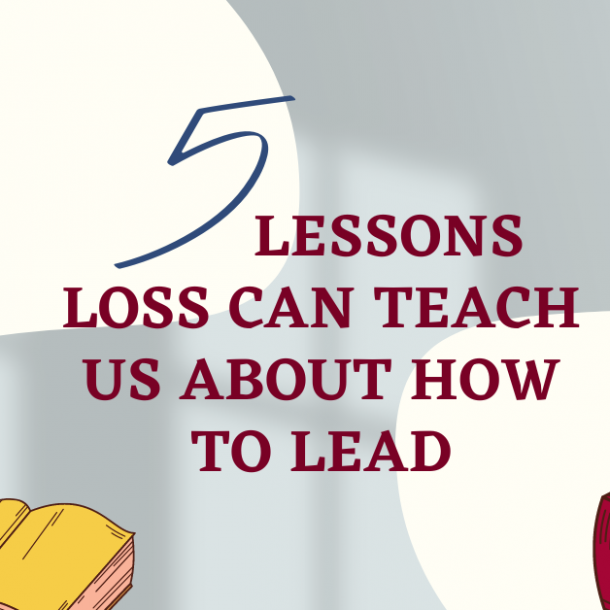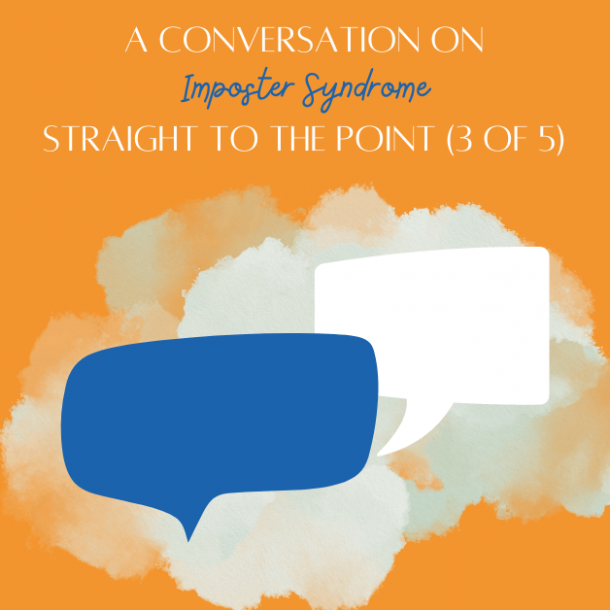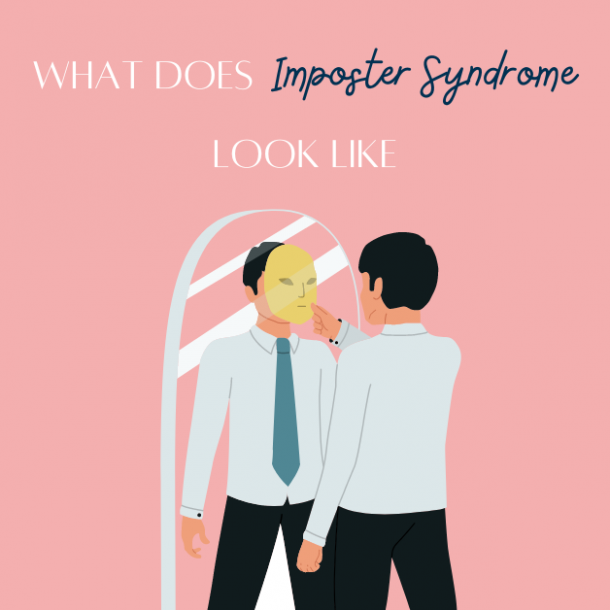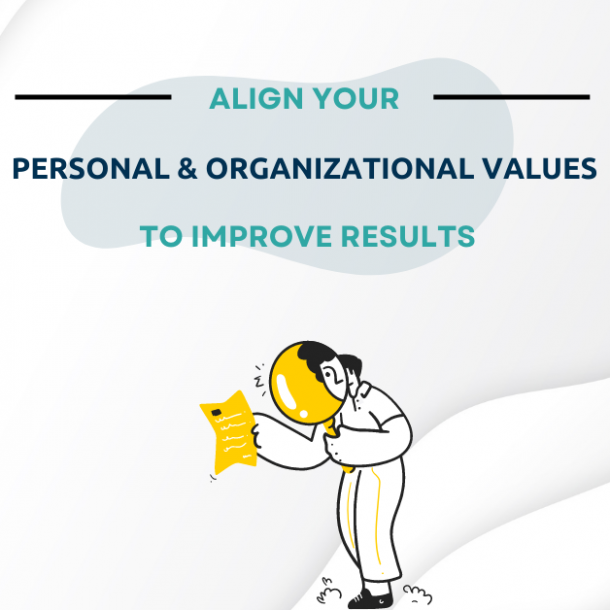
UpSkill: How imposter syndrome may be affecting your work
By popular demand we’re covering imposter syndrome in this week’s blog post.
Imposter syndrome or “Imposter phenomenon” is a term coined Dr. Pauline Rose Clance in the 1980s. According to Psychology Today, people who struggle with imposter syndrome believe they are undeserving of their achievements. They feel like they aren’t as competent or intelligent as others might think.
They fear people will see through them soon enough.
Those with imposter syndrome are often well accomplished. They may hold high office or have numerous academic degrees. In fact, at the very beginning of research on imposter syndrome it was only associated with high-achieving women.
Research subsequently found that over 70% of us suffer with imposter syndrome at some point. In fact, if you are a high achiever the research suggests that you are 25-30% likely to suffer from imposter syndrome.
Let me tell you a story about “Paul.” Paul suffers, truly suffers, from imposter syndrome. Paul is a senior IT engineer; a coveted role. He is also a strong communicator, another coveted skill. He has been a master at delivering presentations for his organization for a number of years. He receives very positive feedback from clients, upper management and his peers.
This should all make Paul feel very confident in his presentation skills. He has received loads and loads of recognition for his skillset, but Paul does not agree that he should have been chosen to mentor and share strategies with his peers on how to improve their presentations.
So when his manager came to him to take on this responsibility, Paul downplayed his competency in delivering presentations. He even told his boss that his next presentation could very well be “a bust.”
Paul doesn’t like the spotlight because it puts pressure on him. It increases his anxiety and increases the risk that the next presentation could be that bust.
So Paul declines the opportunity to share his highly-developed communication skills, particularly his presentation skills. Not because he isn’t willing to share with his team, but because of his fear.
Paul’s imposter syndrome is going to work with him everyday, and it shows up in a big way on the days when Paul has presentations.
So here are a few things I want to share with you in this episode so that we gain more understanding of imposter syndrome, and so that you can see if it is showing up in your work, your organization, your team, your life.
I’ll share five key things with you to start this conversation.
1. The imposter syndrome is internal.
It lives inside of us, so no one has to know that we have it.
2. It is a feeling.
It is a perception, a sensation. It is something we experience personally. Imposter syndrome is personal.
3. It is persistent.
This feeling is not something that goes easily. It is defined by its persistence.
4. It is the doubting of your abilities and accomplishments.
It that’s feeling of inadequacy that tells you you are under qualified or incompetent.
That persistent feeling that can be tough to shake.
5. Fear of being find out as a fraud
Despite evidence of your ongoing success, there is reluctance to acknowledge and celebrate your accomplishments.
I want to discuss some of the characteristics that are essential for us to understand imposter syndrome.
1. It’s a mindset of focusing on deficiencies.
We must manage the mindset that we bring to work, that we have in our personal lives, that we have in our social lives.
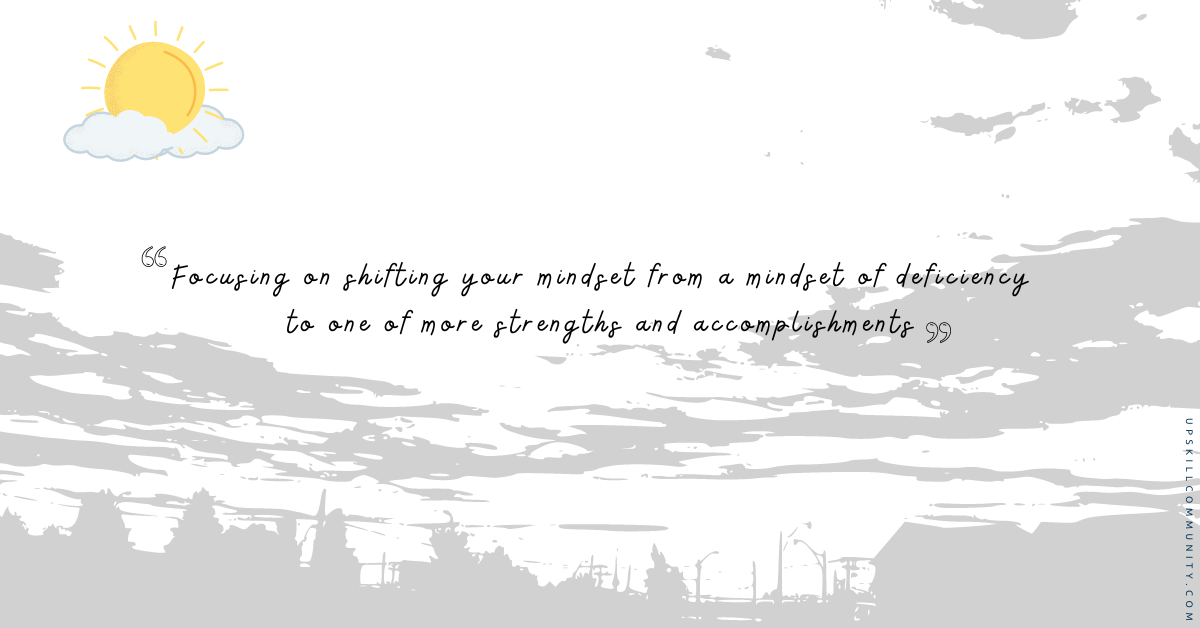
The mindset of deficiency lends itself perfectly to bringing imposter syndrome into your life. When you focus on all your deficiencies and ignore your strengths, when you focus on what you got wrong today and ignore everything you ddi right, that mindset of deficiency leaves room for imposter syndrome.
So we want to make sure that we are focusing on shifting our mindset from a mindset of deficiency to one of more strengths and accomplishments, where we focus on what we do well.
If we’re wondering where we get this mindset of deficiency from, it is from everywhere around us. It is all around us and can come from how we were brought up.
It’s how we, as parents, continue to impact our children. Think about that mindset of deficiency when your child comes home with a 95, and you say “Why didn’t you get 100?”
If we have a mindset of deficiency we will likely pass it on to those we try to teach or mentor. The deficiency mindset doesn’t allow us to say “95%, that’s amazing! Excellent work, great effort here.”
We bring that into our own lives.
When we do that presentation and people tell us how great it was, we only remember, “I left something out. I can’t believe I forgot this. I can’t believe I mispronounced this word.”
We are not pausing to acknowledge the great feedback we received.
2. We must shift is our ability to accurately assess ourselves, since that will give us a better, more holistic view of who we are.
It will allow us to acknowledge all our strengths and skills, along with the areas we need to improve on.
However, our self-perception won’t be weighed down by our deficiencies if we are accurate in our self assessment. If we are accurate in our self-assessment we can bring our best self to our work and our relationships.
When an organization has high achievers like Paul within it — who is being held back by imposter syndrome — it impacts Paul, his teammates and the organization.
It impacts long-term productivity, performance and long-term profits. It impacts our relationships, our culture. It impacts everything about us.
We want to engage in opportunities for reciprocal mentorship and ongoing learning, particularly with our high achievers. Sometimes we focus more with our low achievers than our high achievers.
Go and look at our high achievers. How can we continue to have these conversations to make them feel safe enough, to shift us from those deficiencies and focus on our competencies?
When that happens the organization will prosper, and someone like Paul will share his talents more with the organization.
Imposter syndrome shows up at work, but it is not the only place it shows up. Wherever it shows up it impacts our success and how we feel about ourselves, and how we’re able to support and collaborate with each other.

